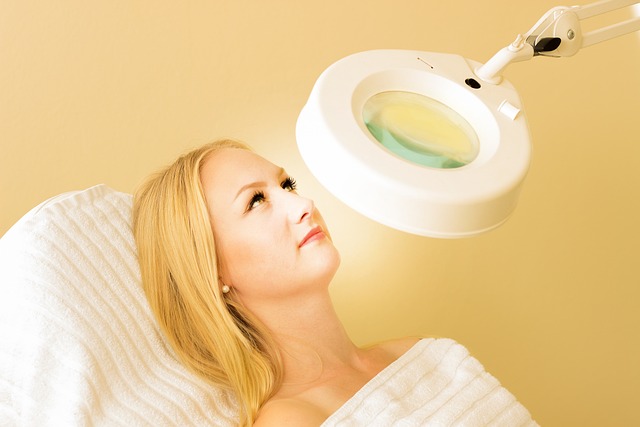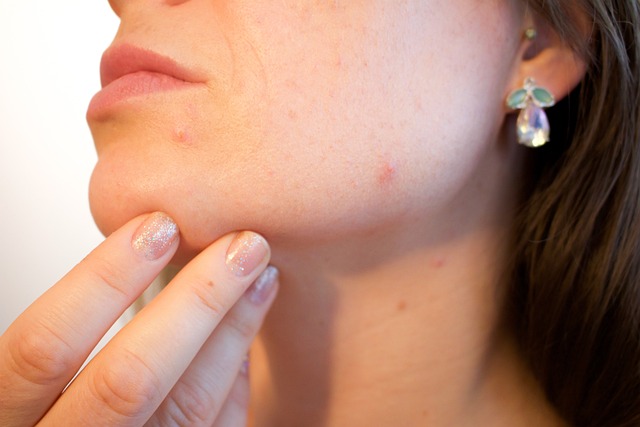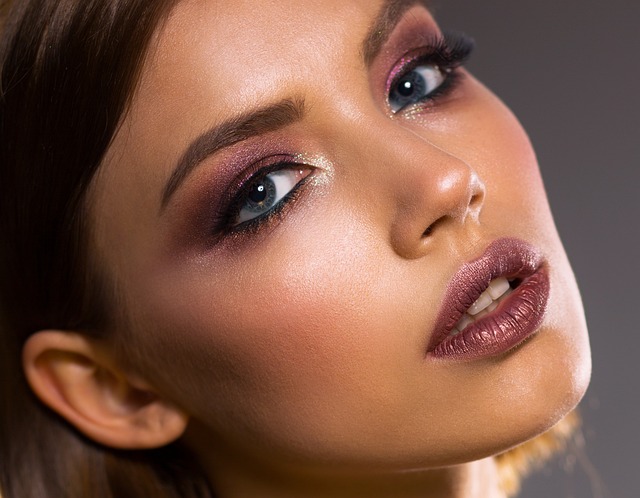As people start to pay more attention to their skincare regimens, the topic of when to begin using anti-aging creams typically arises in the desire for younger, more vibrant skin. Genetic predispositions and environmental variables, such as sun exposure and lifestyle decisions, both contribute to the natural aging process. Skin health can be improved over time by learning about these processes and taking preventative steps. This article delves into the best age to start applying anti-aging creams, taking into account the opinions of experts, the substances that work, and the tailored approach to skincare.
Understanding the Aging Process
Both internal and external factors contribute to the complex process of skin aging. Skin becomes thinner, less elastic, and collagen levels decline with time as a result of intrinsic aging, which is mostly determined by heredity. Wrinkles, fine lines, uneven skin tone, and loss of firmness are early indications of aging, and they are accelerated by extrinsic variables such sun exposure, pollution, smoking, and inadequate skincare practices.
Early Signs of Aging
Signs of aging usually start to show themselves around one’s late twenties or early thirties, however this might vary from person to person. Early signs of age like as fine lines around the lips and eyes, minor drooping, and dullness cause many people to think about adding anti-aging products to their skincare regimens.
Preventive Skincare: Starting Early
Proactive skincare, according to experts, is all about warding off the onset of outward signs of aging. Delaying the formation of wrinkles and maintaining skin health can be achieved by establishing a daily skincare regimen early in life. This entails washing, moisturizing, and, most importantly, protecting skin from ultraviolet (UV) radiation every day to delay the aging process.
When to Start Using Anti-Aging Creams
Different people have different skin types, different lifestyles, and different genetic predispositions when it comes to deciding what age is best to start using anti-aging creams. Midway through the twenties is when collagen production starts to fall and skin cell turnover slows down, so it’s a good time to start using preventative skincare, according to dermatologists. Preserving skin suppleness and minimizing future damage can be achieved by early intervention.
Choosing the Right Ingredients
A good anti-aging lotion will have components that fight wrinkles and encourage the skin to renew itself. In order to improve skin texture and diminish the appearance of wrinkles, retinoids—which are derivatives of vitamin A—increase collagen formation and quicken cell turnover. Antioxidants such as vitamins C and E shield skin from free radical damage, which in turn delays the aging process and aids in skin restoration through the use of peptides, which are amino acids.
Because of its ability to retain water, hyaluronic acid plumps the face and makes fine lines and wrinkles less noticeable. To protect skin from harmful UV radiation and stop photoaging, anti-aging creams must have an SPF (sun protection factor).
Benefits of Early Intervention
By keeping skin healthy and resilient, an anti-aging skincare regimen that begins early pays dividends in the long run. After using it regularly, many users see a difference in texture, tone, and shine. People who start using anti-aging creams early in life have a better chance of keeping their young appearance and will need less harsh treatments as they become older.
Testimonials from real people show how proactive skincare works by talking about how their self-esteem and contentment with their skin’s appearance improved over time. The existing issues can be addressed and the groundwork for healthy aging behaviors can be laid by early intervention.
Skincare Tips by Age Group
Optimal results are achieved when skincare routines are tailored to the individual needs of each age. Establishing routines like washing, moisturizing, and sun protection is a priority in one’s twenties. To counteract the first signs of aging, it becomes beneficial to incorporate specialized anti-aging products by the time one is in their thirties. Skincare regimens must be fine-tuned to target issues including as pigmentation, dryness, and firmness in the 40s and beyond.
Efforts to improve skin health should be supplemented by lifestyle variables such a healthy diet, regular exercise, stress management, and getting enough sleep, regardless of age.
Expert Advice and Dermatological Insights
Skincare routines should be tailored to each patient’s unique needs after a thorough evaluation by a dermatologist. If you want to know what treatments and products work best for your skin, they suggest seeing a skincare expert. Optimized outcomes and minimized potential adverse responses are achieved through customized procedures.
Conclusion
Age, skin type, lifestyle, and personal skincare objectives are the most important considerations when deciding when to begin using anti-aging creams. If you want to keep your skin healthy and put off the outward symptoms of aging, it’s best to start early with preventative skincare measures that include components with scientific backing. Individuals can maintain healthy, youthful-looking skin for many years by taking an active role in their skincare routine and consulting experts as necessary.
New ways to keep and improve skin vitality are being developed as a result of persistent study and innovation in the skincare field. People can take charge of their skin’s health and beauty for the rest of their lives by arming themselves with information and dedicating themselves to skincare.


